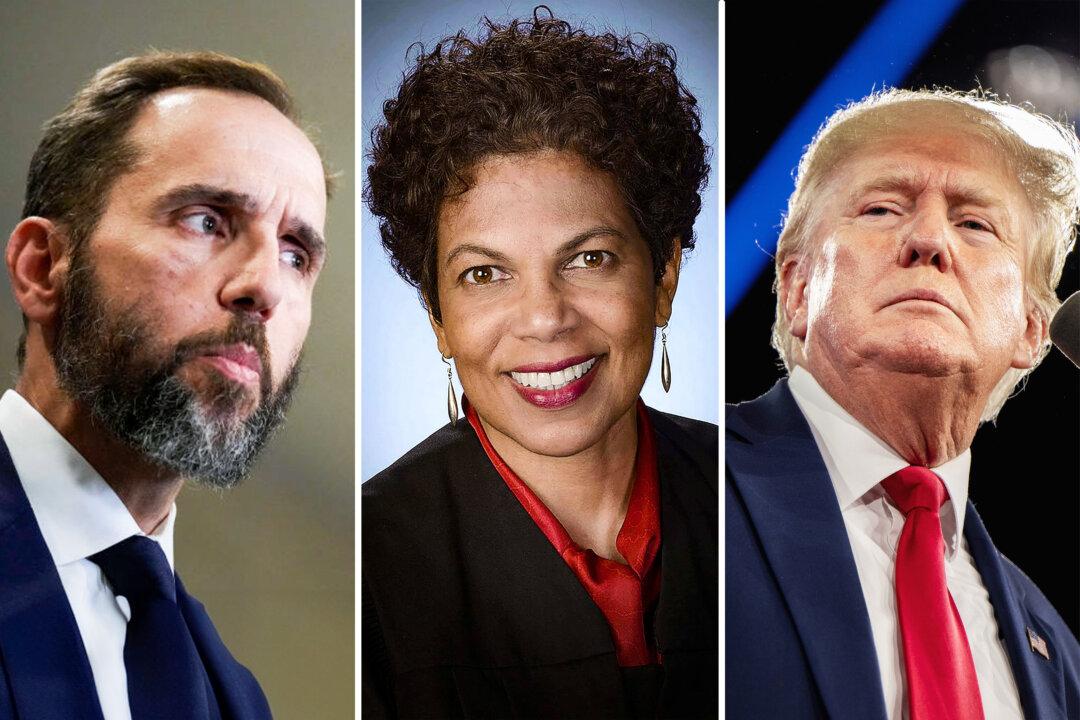The federal judge overseeing former President Donald Trump’s looming Jan. 6-related trial may have signaled that his case will be delayed after she scheduled a different case just a few weeks after the trial is slated to start, according to two former prosecutors.
U.S. District Judge Tanya Chutkan, based in Washington, on Wednesday scheduled an alleged Jan. 6, 2021, defendant, Anthony Mastanduno, to start on April 2. That’s only about three and a half weeks after she initially set the former president’s trial date for March 4.





